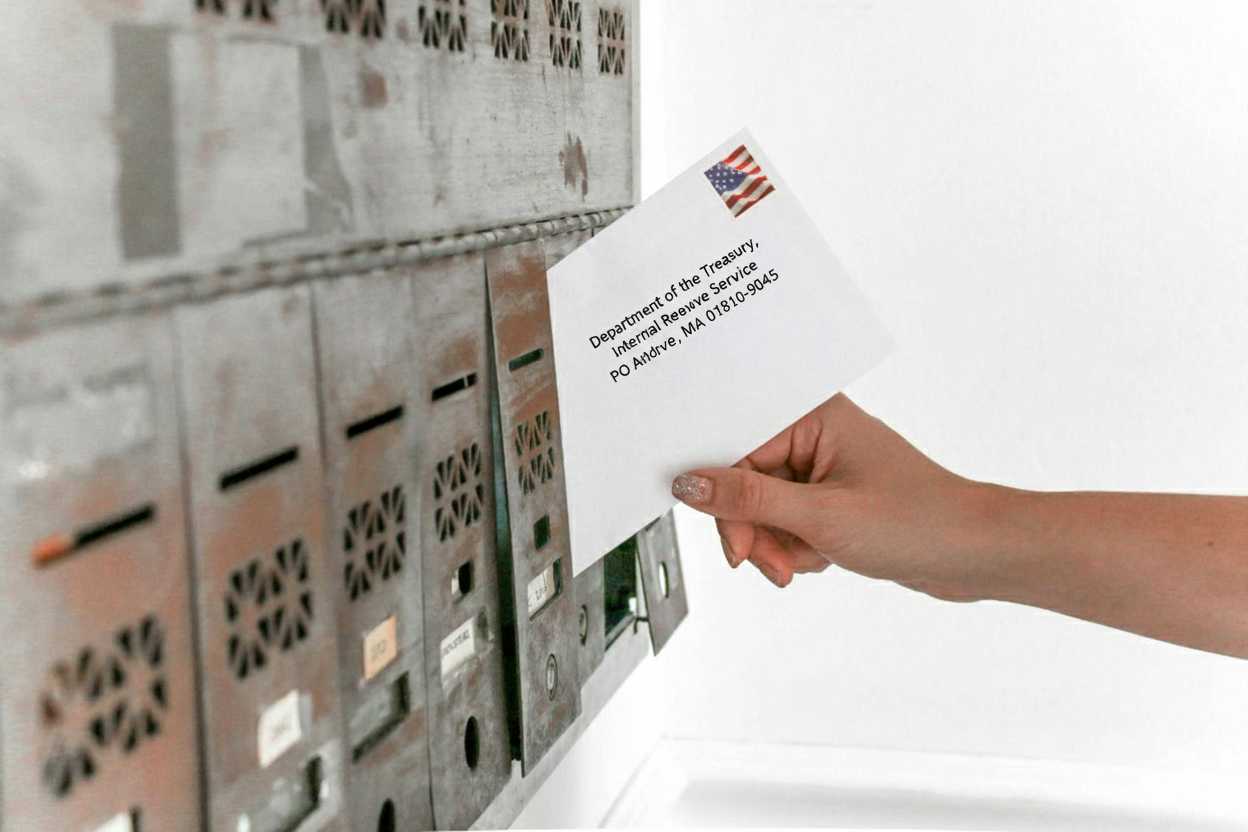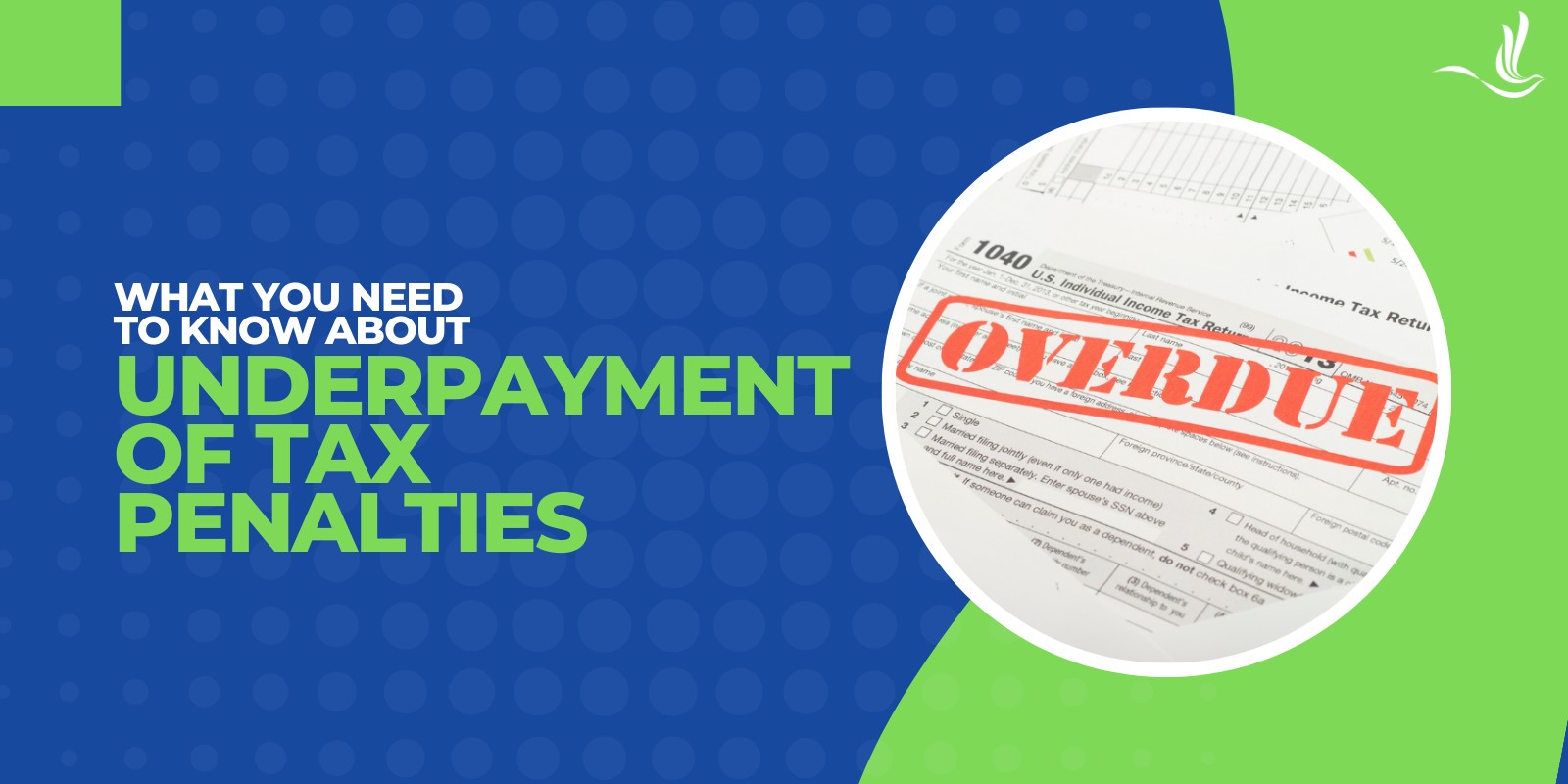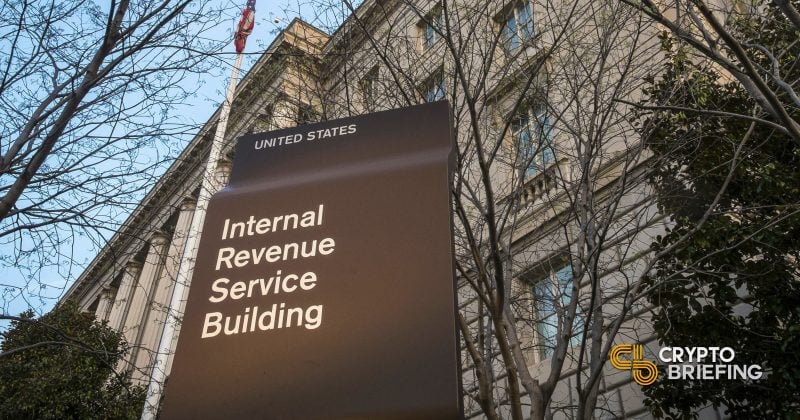You’ve done everything right in working with the IRS and the IRS still got it wrong. You’ve exhausted your administrative remedies and you have to hire a tax attorney. Now you are incurring costs just to correct the IRS error.
The attorney has you make a proper qualified offer under Section 7430(g) to recover attorneys fees. You send the offer to the IRS during the qualified offer period with all the required language. You send it by certified mail tracking that shows that it was delivered to the IRS. Then the government claims it never received your qualified offer. Or worse, they argue you sent it to the wrong address because you used a P.O. Box listed on the IRS notice instead of a street address. Can the IRS defeat your qualified offer based on where you addressed the envelope rather than where it was actually delivered?
The case of Greenwald v. United States, Civil Action 2:23-cv-4100 (S.D. Ohio Oct. 23, 2025), addresses this exact question. The court gets into the distinction between addressing a qualified offer and delivering it–the difference between recovering substantial attorney’s fees and losing them entirely based on technical mailing issues.
Facts & Procedural History
The taxpayer filed her 2020 Form 1040 reporting adjusted gross income of $11,324 and zero tax liability. She claimed a total refund of $8,196. This consisted of a $5,920 earned income tax credit, a $2,050 additional child tax credit, and $226 in federal tax withholdings. The IRS refunded only the $226 in withholdings. It denied the earned income and child tax credits.
In June 2022, the taxpayer filed a refund claim seeking $7,970 (the same credits minus the already-refunded withholding). The IRS denied this claim on April 18, 2023. The taxpayer appealed on May 22, 2023. A few days later, on May 24, 2023, she sent what she designated as a qualified offer under Section 7430(g) of the tax code. This offer proposed to settle her liability at zero with an overpayment of $7,970.
The IRS denied her appeal on June 14, 2024. The taxpayer then filed a complaint in the United States District Court for the Southern District of Ohio on December 13, 2023, seeking recovery of the $7,970 plus statutory interest. After discovery and an unsuccessful mediation, the parties filed a stipulation for dismissal on April 15, 2025. On May 6, 2025, the IRS issued a Notice of Adjustment paying the taxpayer the full $7,970 plus $2,185.81 in statutory interest. The notice stated the payment was made “in accordance with the concession of the government” in the case.
The taxpayer then moved for attorney’s fees under Section 7430. She sought a minimum of $37,505 in fees. The government opposed on multiple grounds. One key objection: the taxpayer had not properly delivered the qualified offer to the correct address.
Section 7430: The Statutory Framework for Fee Recovery
Section 7430 of the tax code allows a “prevailing party” to recover reasonable attorney’s fees and costs from the United States in tax litigation. This provision serves an important purpose. It levels the playing field between taxpayers and the government. Without it, many taxpayers would lack the resources to vindicate their rights against the IRS.
We’ve previously written about Section 7430 and getting the IRS to pay for your tax attorney. The statute imposes several requirements. The taxpayer must be a “prevailing party.” The taxpayer must have exhausted available administrative remedies before commencing the civil proceeding. The fees and costs must be reasonable. No other party can be obligated to pay them.
Section 7430 limits the hourly rate to a statutory maximum adjusted annually for inflation. For 2023, 2024, and 2025, these maximum rates were $230, $240, and $250 per hour respectively. The statute also limits recovery to fees incurred after the earlier of the date the IRS sends a notice of deficiency or the date of a notice of determination from the IRS Office of Appeals.
The definition of “prevailing party” lies at the heart of most disputes over attorney’s fees. Section 7430 provides two distinct paths to prevailing party status. Understanding both paths matters for any taxpayer considering litigation against the IRS.
The Traditional Path: When the IRS Position Lacks Substantial Justification
The traditional route to prevailing party status requires the taxpayer to show two things. First, the taxpayer must have “substantially prevailed with respect to the amount in controversy” or “substantially prevailed with respect to the most significant issue or set of issues presented.” Second, the position of the United States must not have been “substantially justified.”
This second requirement often determines whether fees will be awarded. We examined this issue in a prior case involving a mistaken IRS audit of a non-resident, where the IRS position was not substantially justified and the taxpayer recovered fees under the traditional path.
Here, the analysis produced a different result. The government conceded that the taxpayer substantially prevailed in this case. She obtained 100% of the refund sought in her complaint. The dispute centered on the second prong: whether the IRS position was substantially justified.
The taxpayer’s refund claim turned on whether she was entitled to the earned income tax credit under Section 32 and the child tax credit under Section 24 for tax year 2020. Both credits require that the children qualify as “qualifying children” under Section 152(c). This definition includes a residency requirement. The children must have the same principal place of abode as the taxpayer for more than half of the taxable year.
The IRS denied the credits because the taxpayer “failed to substantiate that [she] was the custodial parent of both children and that they resided with [her] for more than 6 months in the tax year.” The taxpayer submitted documentation showing that her two children were removed from her custody on August 1, 2020, by an Ohio court. She also submitted a lease agreement with a move-in date of December 23, 2020, listing her children as residents.
The court examined this evidence. The documentation showed the children lived with the taxpayer immediately before their removal on August 1, 2020. It did not demonstrate they lived with her for more than six months in 2020. The August removal meant at most they lived with her for seven months. The December lease showed at most eight days of residence in 2020.
The taxpayer could have submitted other documentation. Medical records, school records, statements from employers or religious organizations, or other lease agreements might have established the children’s residence. She did not provide these documents to the IRS during the administrative process or during discovery in the litigation.
The court concluded the IRS was substantially justified in denying the refund based on insufficient substantiation. This meant the taxpayer could not qualify as a prevailing party under the traditional path of Section 7430(c)(4)(A)-(B).
This finding distinguishes Greenwald from many fee cases where the IRS position was unreasonable. The IRS had a legitimate basis for its denial under the traditional path.
The Alternative Path: The Qualified Offer Rule Changes Everything
Section 7430(c)(4)(E) provides an entirely different route to prevailing party status. This is the qualified offer rule.
As noted above, we have addressed the qualified offer in detail in a prior article. Under this provision, a party shall be treated as a prevailing party if “the liability of the taxpayer pursuant to the judgment in the proceeding (determined without regard to interest) is equal to or less than the liability of the taxpayer which would have been so determined if the United States had accepted a qualified offer of the party.”
This rule means that a taxpayer can make a formal settlement offer to the IRS. If the IRS rejects the offer (or simply ignores it) and the taxpayer ultimately achieves a better result than the offer proposed, the taxpayer becomes a prevailing party. This happens even if the IRS position was substantially justified.
The qualified offer rule has limitations. It does not apply if the taxpayer already qualifies as a prevailing party under the traditional path. Section 7430(c)(4)(E)(iv) states the qualified offer rule “shall not apply to a party which is a prevailing party under any other provision” of Section 7430(c)(4). Courts must first determine whether a taxpayer qualifies under the traditional substantially-justified standard before considering the qualified offer rule.
Here, the court found the IRS position was substantially justified. The taxpayer therefore did not qualify as a prevailing party under the traditional path. This opened the door to the qualified offer rule.
The Greenwald case demonstrates why the qualified offer matters even when the IRS has a reasonable position. The taxpayer still recovered her full refund. She still obtained attorney’s fees. The qualified offer shifted the risk to the government regardless of whether their substantiation concerns were legitimate.
What Makes an Offer “Qualified”?
Section 7430(g) defines a “qualified offer” with precision. The offer must be in writing. It must be made by the taxpayer to the United States during the qualified offer period. It must specify the offered amount of the taxpayer’s liability. It must be designated at the time it is made as a qualified offer for purposes of this section. It must remain open during a specified period.
The timing matters. The qualified offer period begins on the date the first letter of proposed deficiency allowing for administrative review is sent. It ends 30 days before the trial date. The offer must remain open until the earliest of: the date the offer is rejected, the date trial begins, or the 90th day after the offer is made.
The taxpayer’s May 24, 2023 letter satisfied these requirements. It was in writing. It was sent during the qualified offer period (after the notice of deficiency and before trial). It specified the offered amount of liability as zero with an overpayment of $7,970. It was explicitly designated as a qualified offer under Section 7430(g). It stated it would remain open “until the earliest of (a) the date the offer is rejected, (b) the date the trial begins, or (c) the 90th day after the offer is made.”
The government did not dispute these elements. The fight centered instead on whether the taxpayer properly delivered the offer to the correct address.
The Delivery Question: Addressed vs. Delivered
The regulations at Section 301.7430-7(c)(2)(i) of the regulations specify where a taxpayer must deliver a qualified offer. The offer must go to “the office or personnel within the Internal Revenue Service, Office of Appeals, Office of Chief Counsel… or Department of Justice that has jurisdiction over the tax matter at issue.”
If the taxpayer doesn’t know which office has jurisdiction (and the case hasn’t reached federal court yet), the taxpayer may deliver the offer “to the office that sent the taxpayer the first letter of proposed deficiency, which allows the taxpayer an opportunity for administrative review in the Internal Revenue Service Office of Appeals.”
In this case, the taxpayer could not have known which appeals officer would be assigned to her case on May 24, 2023. An appeals officer was not assigned until December 18, 2023. She therefore had to deliver her qualified offer to the office that sent the first letter of proposed deficiency. That office was located at 310 Lowell St., Stop 854, Andover, MA 01810-9045.
Here’s where things got interesting. The taxpayer addressed her qualified offer to “Department of the Treasury, Internal Revenue Service, PO Box 9045, Andover, MA 01810-9045.” This was a P.O. Box address rather than the street address specified in the notice of deficiency. The government argued this meant the offer was sent to the wrong location.
The government also claimed it had no record of receiving the qualified offer. The government stated that if a qualified offer had been received, “the IRS would record receipt of the qualified offer in its case records. Those records would also include notes regarding the office’s evaluation of the qualified offer and a copy of the response provided to the taxpayer submitting the offer.” No such records existed.
The taxpayer pointed to United States Postal Service tracking information. This showed the letter was delivered on May 27, 2023. The signature of the recipient indicated the mailing was received by “IRS, 310 Lowell.” The taxpayer also pointed to a July 5, 2023 letter from the IRS referencing “[taxpayer’s] inquiry of May 26, 2023” and stating “[w]e’ll contact you again within 90 days.” The taxpayer denied making any inquiry dated May 26, 2023. She argued this was a typo and the letter actually responded to her May 24, 2023 qualified offer.
The court sided with the taxpayer on the delivery issue. This is the key holding for purposes of qualified offer practice. Although the qualified offer was addressed to P.O. Box 9045 instead of 310 Lowell Street, both addresses shared the same ZIP+4 code. The USPS tracking records showed the letter was delivered to “IRS, 310 Lowell.”
The court emphasized that the regulation requires a qualified offer be “delivered” to the appropriate address. It does not require that the offer be “addressed” to any particular location. It does not require that the IRS be able to locate the offer in its files or produce records evaluating it.
This distinction between “addressed” and “delivered” matters. The regulation focuses on whether the offer reached the right location. The IRS’s internal record-keeping failures do not defeat a properly delivered qualified offer. The court refused to allow the government to benefit from its own failure to properly process and document correspondence that tracking records confirmed was delivered to the correct IRS office.
The taxpayer’s use of certified mail with tracking saved the day. Without the USPS tracking showing delivery to “IRS, 310 Lowell,” the government’s claim that it never received the offer might have prevailed. The tracking record provided objective evidence that the qualified offer reached the appropriate IRS location regardless of how the envelope was addressed.
The court also gave weight to the July 5, 2023 letter from the IRS acknowledging receipt of correspondence from the taxpayer dated close in time to the qualified offer. While this evidence alone might not have been sufficient, it corroborated the tracking information showing the IRS received something from the taxpayer around the time the qualified offer was sent.
The Takeaway
This case establishes an important principle for qualified offer practice: delivery trumps addressing. Taxpayers who send qualified offers to an IRS office using a slightly incorrect address can still satisfy the regulatory requirement if they can prove the offer was actually delivered to the appropriate office. This holding protects taxpayers from losing attorney’s fees based on technical addressing errors when the qualified offer nonetheless reached the right location. This shows why taxpayers should always use certified mail or another tracking service when sending a qualified offer. It also shows that such an offer should be sent early in the process, preferably right after the notice of deficiency is issued. This provides a clear address to mail it to consistent with the holding in this case. It may also mean that the government will not check in the offer, as it didn’t in this case.
Watch Our Free On-Demand Webinar
In 40 minutes, we’ll teach you how to survive an IRS audit.
We’ll explain how the IRS conducts audits and how to manage and close the audit.


























